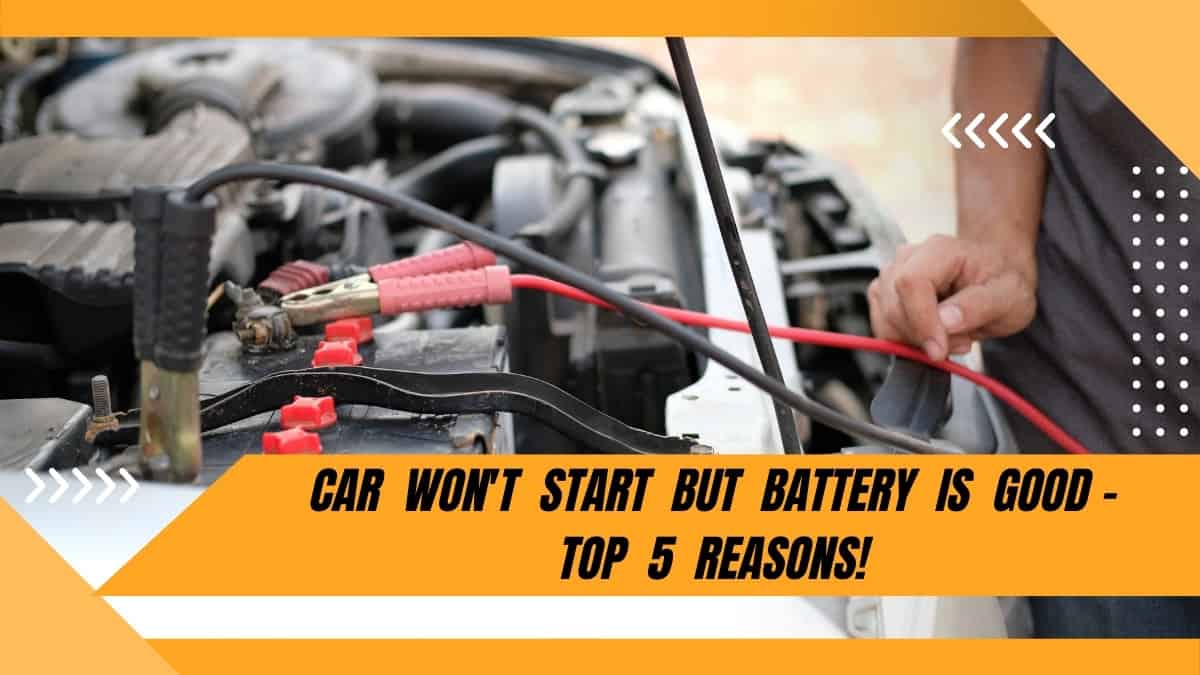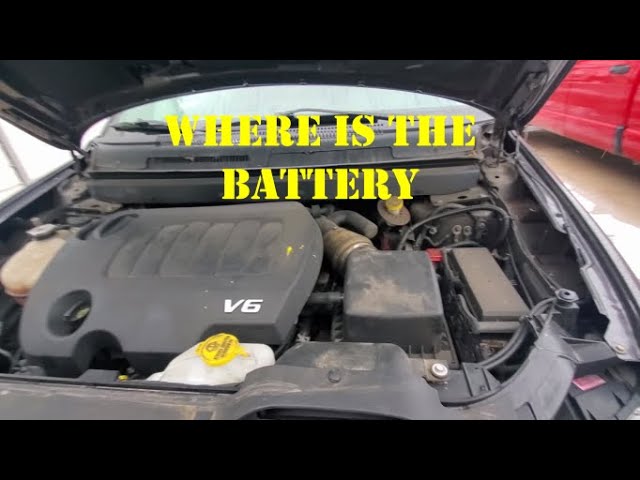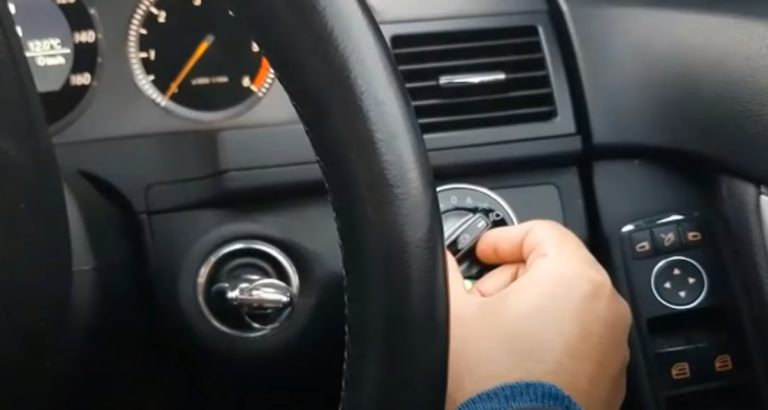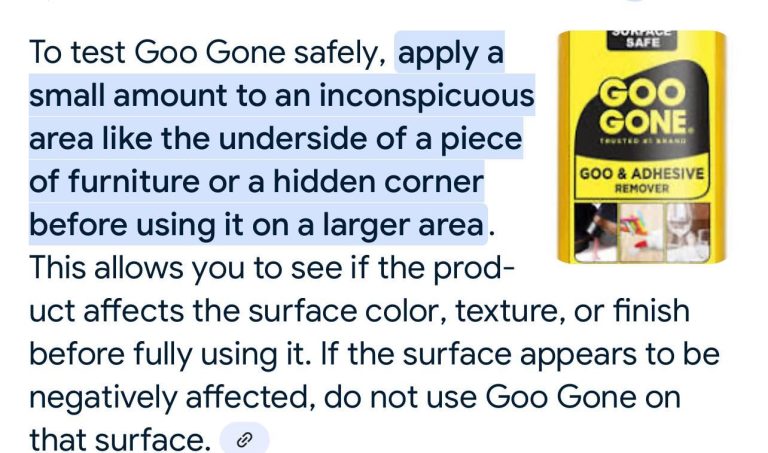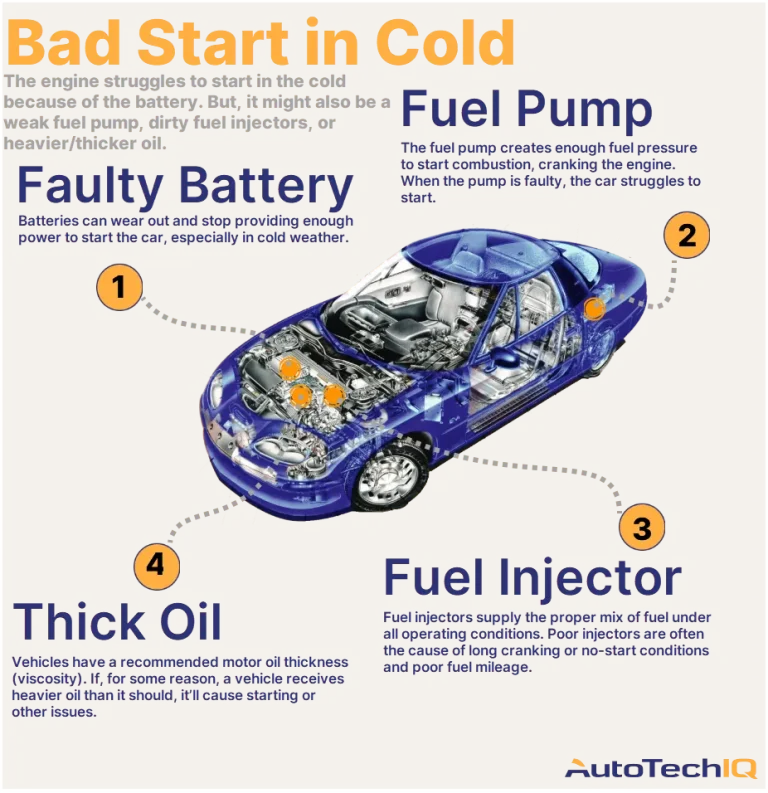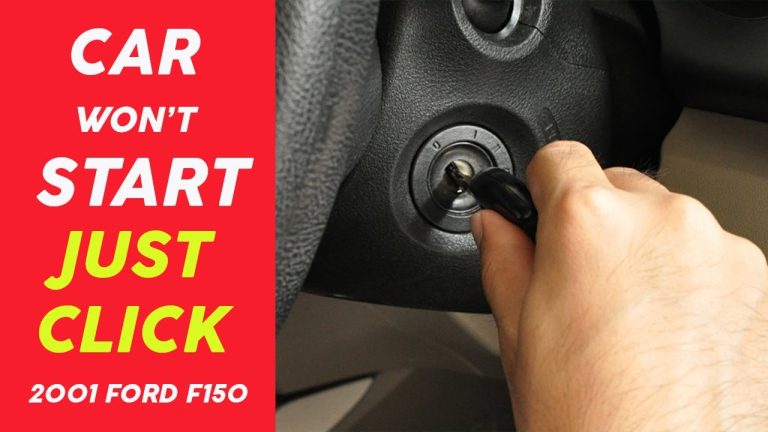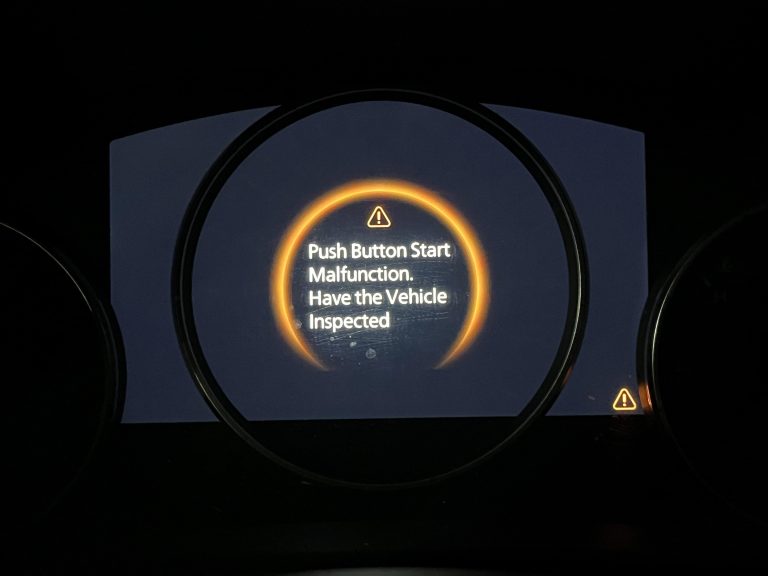Car Struggles to Start But Battery is Fine: Hidden Culprits
Car struggles to start but battery is fine, If your car struggles to start but the battery is fine, the issue could be a faulty starter, bad ignition switch, clogged fuel filter, weak fuel pump, or spark plug problems. It may also be due to corroded connections or a malfunctioning sensor. A diagnostic check is recommended.
Frustration sets in because you’ve already checked the battery. It’s fine, yet your vehicle still struggles to start. You’re probably wondering, “What else could be wrong? ” You’re not alone; many drivers face similar issues. Understanding why your car has starting problems despite a good battery can save you time, money, and a lot of headaches.
Stick around as we dive into the possible causes and solutions, and get your car back on the road swiftly and smoothly. Uncover the mystery and regain control over your driving experience.
Car Struggles to Start But Battery Is Fine
Faulty Ignition System
Car troubles can be frustrating, especially when the battery is fine. A faulty ignition system often causes these issues. The ignition system is crucial for starting your car. It ensures the engine receives the spark it needs. When it fails, the car struggles to start. Understanding the ignition system’s role can help diagnose problems.
Read More: Car Struggles to Start After Sitting: Quick Fixes
Understanding The Ignition Switch
The ignition switch is more than just a key turner. It sends power to the engine’s components. A worn-out switch can disrupt this power flow. This disruption can prevent the engine from starting. Regular checks can identify switch issues early.
Distributor Cap And Rotor Issues
The distributor cap and rotor play vital roles in the ignition system. They distribute electrical current to the spark plugs. Cracks or corrosion in the cap can hinder this process. This can lead to a non-starting engine. Inspect these parts regularly for wear.
Faulty Ignition Coil
The ignition coil transforms battery voltage into a spark. A faulty coil can cause weak or no spark. This affects the engine’s ability to start. Testing the coil’s functionality is essential. Replacing a faulty coil can solve starting issues.
Worn-out Spark Plugs
Spark plugs ignite the fuel-air mixture in the engine. Over time, they wear out or get dirty. This reduces their effectiveness. A car with worn-out plugs struggles to start. Regular replacement ensures optimal engine performance.
Understanding these components can help you diagnose starting issues. Keeping the ignition system in good shape is vital for a reliable car. Regular maintenance and checks can prevent unexpected breakdowns.
Read More: Car Won’t Start Wait 10 Minutes And It Starts: Quick Fix!
Fuel System Issues
When your car struggles to start, but the battery is fine, fuel system issues might be the culprit. The fuel system plays a vital role in starting the car. It ensures that fuel reaches the engine efficiently. Any disruption can lead to starting problems. Understanding these issues can help in resolving them quickly.
Clogged Fuel Filter
A clogged fuel filter can block fuel flow. This prevents the engine from receiving enough fuel. Over time, dirt and debris accumulate in the filter. Regular checks and replacements can avoid this issue. A clean filter allows smooth fuel passage.
Faulty Fuel Pump
The fuel pump delivers fuel from the tank to the engine. A malfunction can cause inadequate fuel supply. Listen for a humming sound when you turn the ignition. No sound might indicate a faulty pump. Replacing a faulty pump can restore normal function.
Dirty Fuel Injectors
Fuel injectors spray fuel into the engine. Dirt and grime can clog them, affecting spray patterns. This leads to uneven fuel distribution. Regular cleaning ensures efficient operation. Clean injectors help the engine start smoothly.
Issues With Fuel Pressure Regulator
The fuel pressure regulator maintains optimal fuel pressure. If it fails, pressure can become too low or high. This can cause starting problems. Checking and replacing a faulty regulator can ensure proper fuel pressure. Consistent pressure is key for engine start-up.
Empty Fuel Tank
Sometimes, the problem is simple. An empty tank means no fuel for the engine. Always ensure there’s enough fuel in the tank. Regularly check the fuel gauge to avoid this issue. Keeping the tank filled can prevent unnecessary starting troubles.
Sensor Malfunctions
Car struggles to start can be frustrating. Especially when the battery is fine. Sometimes, the issue lies elsewhere. Sensor malfunctions can be the culprit. Sensors play a vital role in modern cars. They send information to the engine control unit. This information helps the engine to start smoothly. When sensors fail, starting problems can occur.
What Are Car Sensors?
Car sensors monitor various functions. They check engine temperature, airflow, and fuel levels. Sensors ensure everything runs smoothly. If a sensor fails, the car may not start. Understanding sensors can help diagnose issues.
Common Sensor Issues
Faulty sensors can cause starting problems. A common issue is a malfunctioning crankshaft position sensor. This sensor monitors engine speed and position. If it fails, the engine might not start. Another problem is the camshaft position sensor. It helps control fuel injection and ignition timing. A failure here can also prevent the engine from starting.
Signs Of Sensor Malfunctions
There are signs that a sensor might be failing. The check engine light might illuminate. Another sign is rough engine performance. The car might stall or misfire. Pay attention to these warning signs. Early detection can prevent further issues.
Diagnosing Sensor Problems
Diagnosing sensor issues requires tools. A diagnostic scan tool can read error codes. These codes help identify faulty sensors. It’s best to consult a professional mechanic. They have the tools and expertise to fix sensor issues.
Preventive Measures
Regular maintenance can prevent sensor malfunctions. Check for loose wires and connections. Keep sensors clean and free from debris. Regularly inspect the car’s electrical system. These steps help ensure sensors work properly. Routine check-ups can save time and money.

Credit: www.wikihow.com
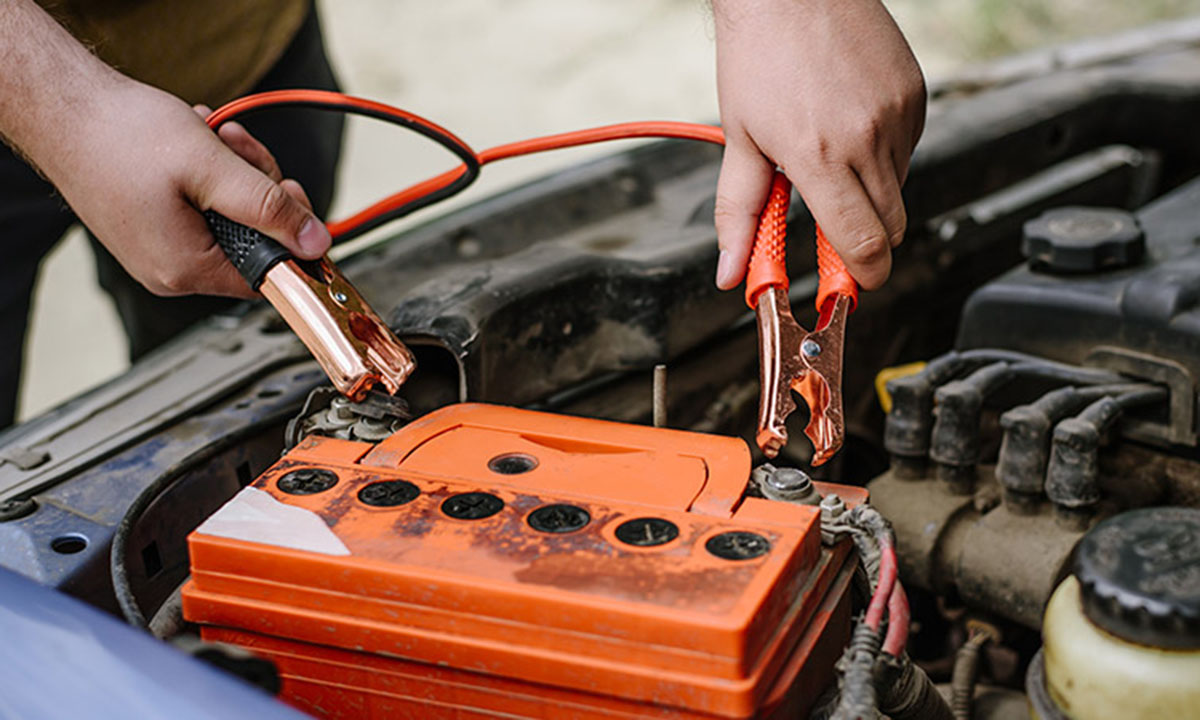
Credit: www.autoguru.com.au
Frequently Asked Questions
Why Won’t My Car Start With A Good Battery?
Even with a good battery, issues like faulty spark plugs or a bad starter can prevent starting. Check these components.
Could A Bad Starter Cause Starting Problems?
Yes. A bad starter can prevent the engine from turning over. It often clicks but doesn’t start.
What Role Does The Fuel System Play In Starting?
The fuel system provides necessary fuel for ignition. Problems here can prevent starting. Consider checking fuel pump and filter.
Conclusion
Your car’s starting issues might seem puzzling. Battery’s fine, but still struggles. Check the starter, alternator, and spark plugs. These often cause starting problems. A mechanic can help identify deeper issues. Regular maintenance prevents unexpected troubles. Stay proactive with car care.
Listening to your vehicle’s signals saves time and money. Ignoring problems leads to costly repairs. Small fixes make a big difference. Understanding your car’s needs keeps you driving smoothly. Always prioritize safety. Your car’s health matters. Drive confidently, knowing you’re prepared.
Keep learning about your car’s quirks. It pays off in the long run.

